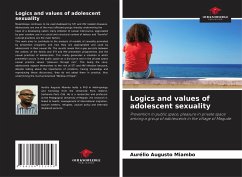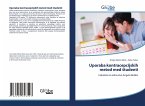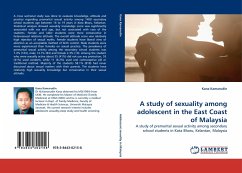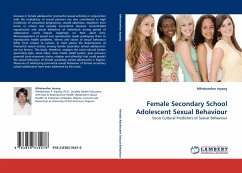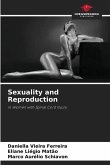Mozambique continues to be overshadowed by STI and HIV related diseases. Adolescents are one of the most affected groups thereby undermining the hope of a developing nation. Early initiation of sexual intercourse, aggravated by poor condom use in a social and structural context of taboos and "harmful" cultural practices are the main factors. This work aims to contribute to the analysis of models of sexuality promoted by prevention programs and how they are appropriated and used by adolescents in their sexual life. The results reveal that a gap persists between the actions of the family and STI and HIV prevention programmes and the sexual practices of adolescents. This reality generates a situation in which prevention occurs in the public space as a discourse and in the private space sexual practice values "pleasure through risk". This being the case, adolescents expose themselves to the risk of STI and HIV infection because, despite talking about the importance of condoms, havingknowledge and reproducing these discourses, they do not adopt them in practice, thus undermining the much-proclaimed "Window of Hope".
Bitte wählen Sie Ihr Anliegen aus.
Rechnungen
Retourenschein anfordern
Bestellstatus
Storno

